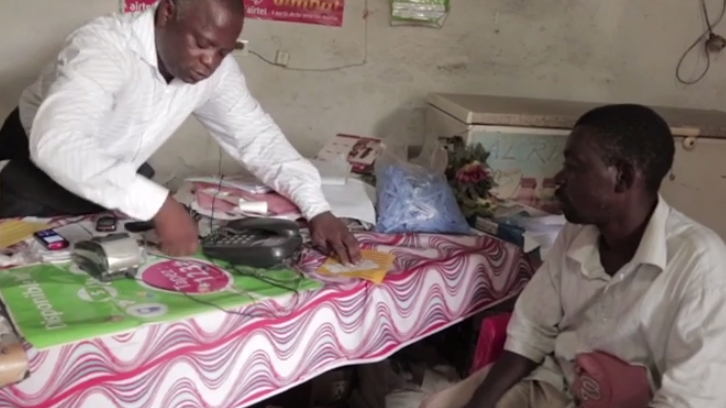Stay Connected
World Development Report 2015: Mind, Society, and Behavior
-
The World Bank launched the Mind, Behavior, and Development Unit (eMBeD). eMBeD puts conclusions from the 2015 World Development Report into practice. Read More »
WDR Team
WDR 2015 Video
Figures and Graphics


















